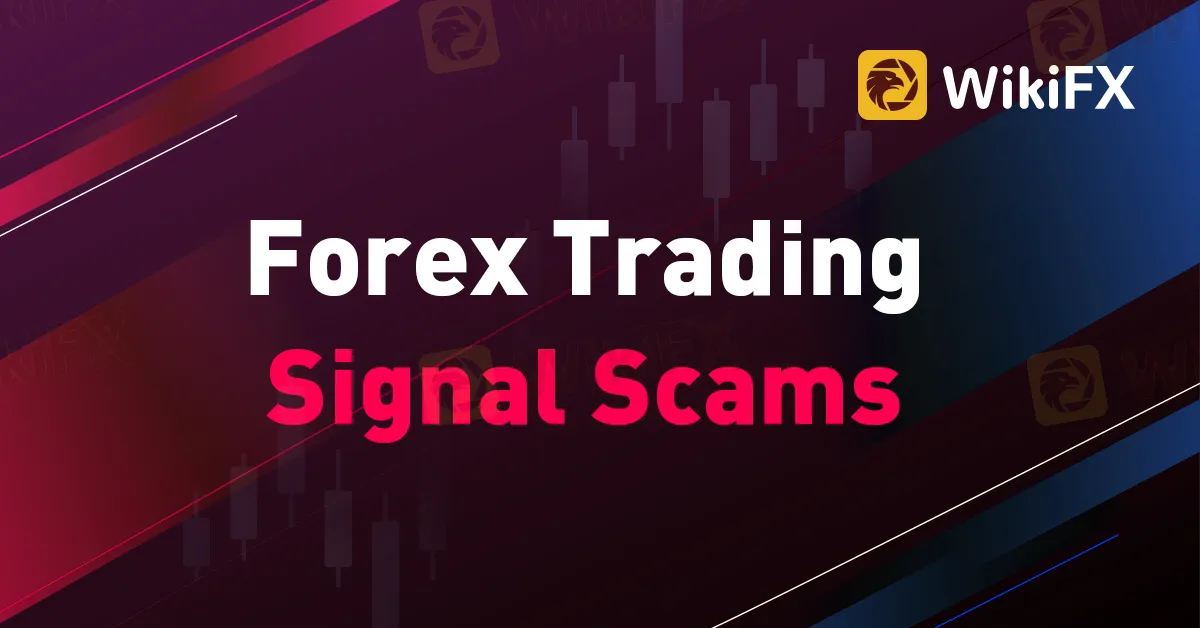Abstract:Forex trading signal scams are a prevalent issue in South Africa, as in many other countries. These scams typically involve companies or individuals claiming to have a system or strategy that can consistently generate profits in the foreign exchange market. The scammers will often charge a fee for access to their signals or trading system or require traders to open a trading account with a specific broker in order to receive the signals.

Forex trading signal scams are a prevalent issue in South Africa, as in many other countries. These scams typically involve companies or individuals claiming to have a system or strategy that can consistently generate profits in the foreign exchange market. The scammers will often charge a fee for access to their signals or trading system, or require traders to open a trading account with a specific broker in order to receive the signals.
The WikiFX app is the finest resource for finding a broker in South Africa. A forex broker search program that handles all the work for you is called WikiFX. On the app, traders can access all regulatory data, rates, and evaluations. The Play Store and AppStore both sell the WikiFX app.
One common tactic used by forex signal scams is to provide traders with a small number of winning trades in order to entice them to invest more money. Once the trader has invested a significant amount, the scammers will often stop providing profitable signals and instead provide a series of losing trades. This can result in significant financial losses for the trader.
Another tactic used by forex signal scams is to use fake or misleading testimonials to convince traders that their system is profitable. These testimonials are often fabricated or provided by paid actors, and do not reflect the actual experiences of traders who have used the system.
To avoid falling victim to a forex trading signal scam, it is important to thoroughly research any company or individual offering a trading system or signals before investing any money. It is also important to be wary of any company or individual that makes unrealistic or overly-optimistic claims about the potential profits that can be generated by their system.
Additionally, it is important to remember that no trading system or signal can guarantee profits, and that trading in the foreign exchange market carries a significant level of risk. As such, it is important to only invest money that you can afford to lose and to have a well-defined risk management strategy in place.
In summary, forex trading signal scams are a prevalent issue in South Africa and traders should be cautious and do their research before investing in any system or signal. No system can guarantee profits and trading in forex market always carries a level of risk, so traders should invest only what they can afford to lose and have a well-defined risk management strategy in place.










